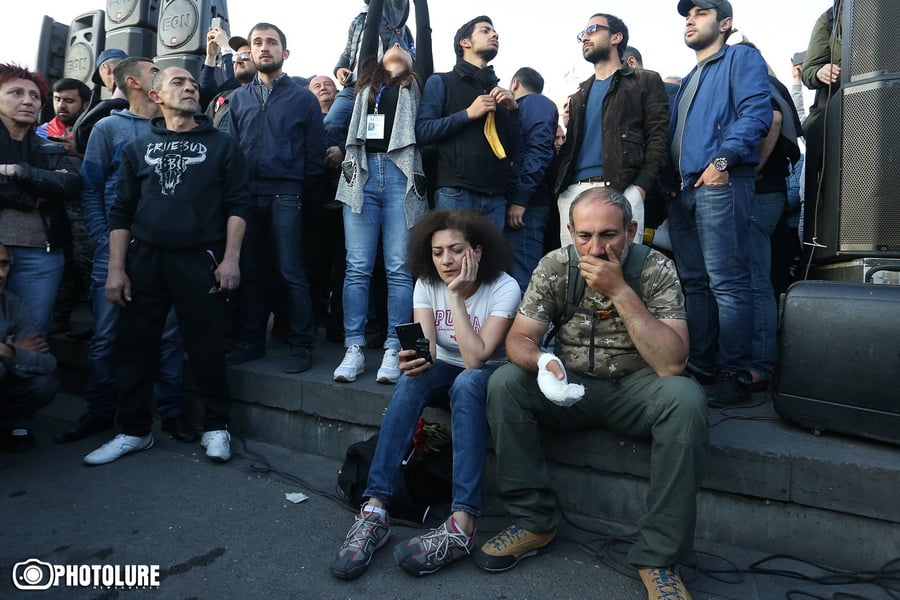Both in the past and today, historians seem to be offended when someone points out that their textbooks reflect the views of the current authorities. For example, there was a time when in schoolbooks the entire blame for the events of March 1, 2008 was placed on the protesters. Now, the emphasis is on the government’s responsibility—which personally seems closer to my own perception.
But I would not rush, in one case, to accuse people of “serving the authorities,” and in another, to award medals for “academic integrity.” I continue to insist that in matters relating to contemporary history—namely, those events whose participants, directly or indirectly, continue to influence today’s political processes—a textbook simply cannot avoid reproducing the narrative of the current government.
Take the October Socialist Revolution. Today, we have doubts about whether it was truly “great”—the Bolsheviks and Left SRs were small groups active in major cities, which is negligible on the scale of a vast empire. Nor are we sure it was “socialist”: socialism, as an idea promoting equality among people, had little to do with it. A group of people carried out a coup and then established a dictatorship—what kind of socialism is that? Yes, some units of workers and sailors stormed the Winter Palace and deposed a more or less legitimate provisional government.
What to call it—I do not know. But for as long as the state that emerged from those events existed, the historians working for that state, even if “academically scrupulous,” called it the “Great October Socialist Revolution.” When that state collapsed, the term ceased to be obligatory.
Read also
The organizers of the 2018 events call them a “democratic, non-violent, velvet revolution.”
Those against whom that revolution was carried out, however, describe the very same events as, for example, a “Soros-sponsored coup” or the “implementation of Turkish-Azerbaijani projects.” As long as the people who carried out that revolution remain in power, the narrative will be “velvet.” Once power changes, the story will become “Turkish-Azerbaijani.”
“And what was it really?”—you will ask. Again, I must say: I don’t know. I don’t think anyone does, and no one can be “scrupulous” at least for as long as representatives of the interested sides physically exist. That is why it would be right for historians, for now, to refrain from addressing these events.
Aram Abrahamyan























































